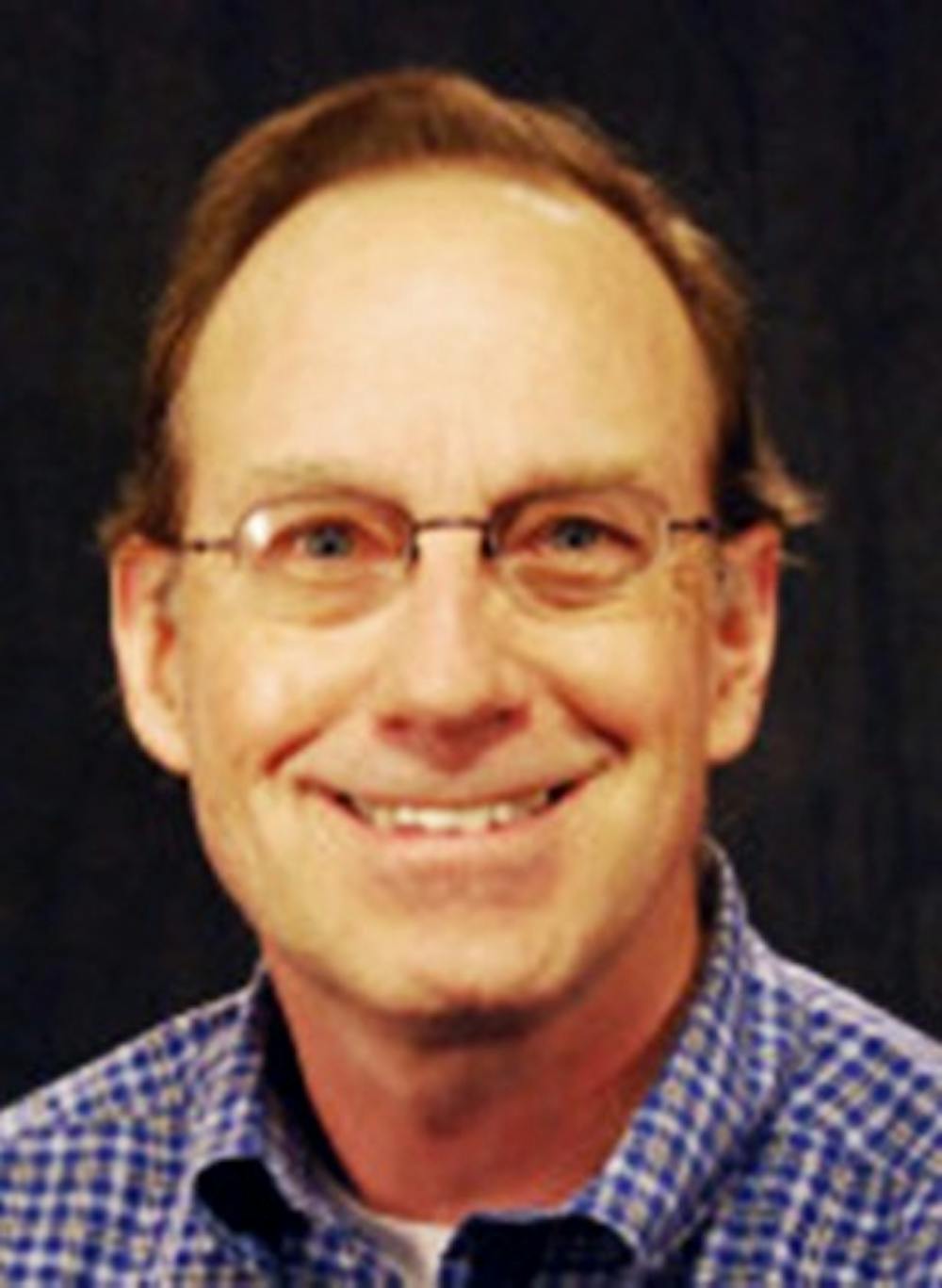After growing by 3.2 million between 2006 and 2011, college enrollment in the United States has declined for the past two years, according to data from the U.S. Census Bureau.
Specific minority groups, including Hispanics, blacks and Asians, also experienced an increase in enrollment between 2007 and 2012, but minority enrollment did not increase in the 2012-13 year. Two-year institutions have been most affected by this decline, but four-year colleges and graduate schools have also been affected.
Staff writer Elizabeth Matulis spoke with Kurt Bauman, an analyst at the U.S. Census Bureau, about the higher education enrollment decline and the effects of the economic recession on enrollment.
? The Daily Tar Heel: What do you think about the drop in college enrollment?
Kurt Bauman: Our role is to produce basic numbers people can use, interpret and work with. We have not seen a large drop like this.
DTH: Why did so many people enroll in college from 2006 to 2011?
KB: There was research done by people at the Federal Reserve Board in Chicago. They researched how business cycles affect college enrollment, and they saw a strong correlation between the two.
There are two different effects of the recession. When the economy gets bad, people cannot find jobs. If they cannot find a job, they go back to school because of the lack of good employment activities. Other people find work. Some people do not go back to school if things are so bad.
We saw people doing both things. At least in theory, the economic downturn could have increased or decreased college enrollment. With the researchers at Federal Reserve Board of Chicago, the effects of recession were mostly seen to increase enrollment.



